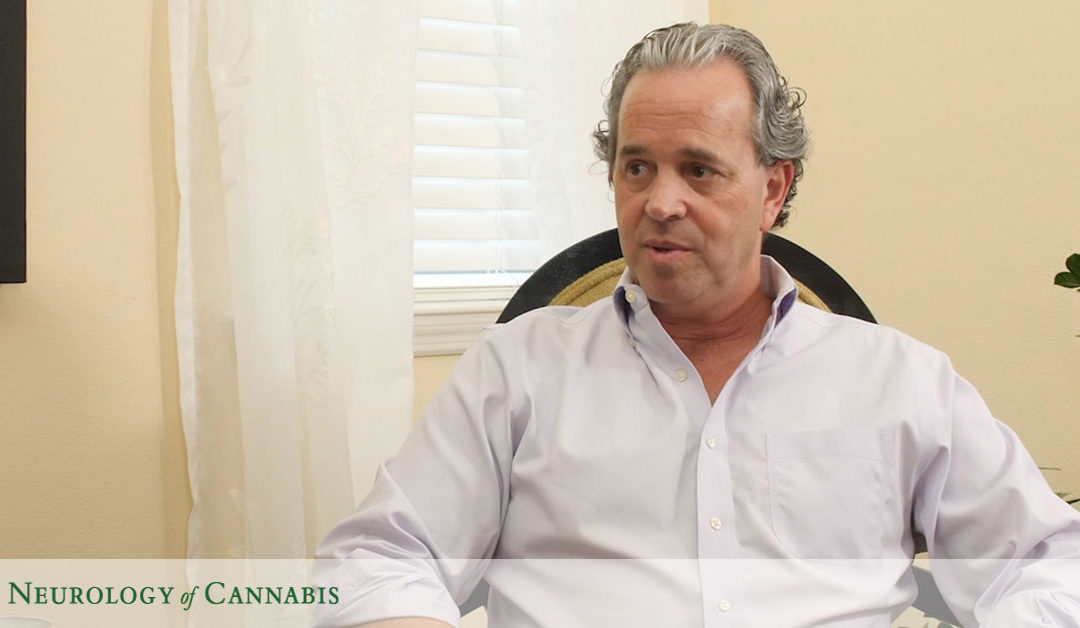Medical cannabis is often discussed as a way to enhance the quality of life and relieve suffering for chronic patients. Less often discussed is how cannabis can be utilized for end-of-life (or palliative) care. However, given its ability to relieve symptoms and result in minimal side effects, palliative care may represent one of the most useful and meaningful cannabis applications.
Understandably, death is not a popular topic, yet each one of us will face it someday. It is also true that before we face the journey ourselves, we may help others we love through this particular stage of life. Dying with dignity involves acceptance and personal choice, which heavy narcotics can’t effectively facilitate – but medical cannabis can. With natural pain relief comes better sleep, less anxiety, and even a return of appetite. These benefits will help the patient relax and stay more clear-minded as they near their end of life. This can be a true gift – both to the patient and to their friends and family who surround them.
What is Palliative Care
The World Health Organization (WHO) defines palliative care as “an approach that improves the quality of life of patients and their families facing the problems associated with a life-threatening illness, through the prevention and relief of suffering by means of early identification and impeccable assessment and treatment of pain and other problems, physical, psychosocial and spiritual.”
When a patient nears the end-of-life phase, it is often typical for rules and regulations to be eased a bit in a hospice environment. Quality of life gives way to a patient’s final wishes and keeps them as comfortable as possible. One example of rules which are often eased has to do with pets in the facility. Family pets such as dogs are typically welcome in a patient’s room, and the doctors may even allow a glass of wine.
Cannabis for Use in Palliative Care
In 2007, an Israeli prospective study assessed the safety and efficacy of cannabis in 2970 patients in the final cancer stages. The responses from patients were overwhelmingly positive. When asked about their cannabis use in a 6-month followup:
- 96% percent of patients still living and undergoing cannabis treatment reported an improvement in their condition
- 3.7% reported no change
- Only 0.3% reported deterioration in their medical condition.
- 69.5% of patients said they were experiencing a good quality of life.
- One-third of the patients stopped using opioid pain medication altogether.
In these observational studies, it seems evident that cannabis helps alleviate symptoms and improve life quality. However, many physicians are still reluctant to recommend cannabis to their patients. A 2018 survey stated that of the 237 US oncologists interviewed, only 30% felt they had enough information to have a meaningful conversation about medical cannabis. There were some encouraging results, however:
- 67% considered cannabis a helpful way to manage pain
- 65% felt cannabis was equally or more effective in fighting rapid weight loss than standard treatments.
- However, only 45% of them recommended cannabis to their patients.
These results seem to indicate that even in areas where medical cannabis is legal, doctors are still hesitant to recommend its use.
Medical Cannabis in Sarasota
If you or a loved one are looking for compassionate and effective palliative care and wish to speak with a physician regarding medical cannabis, we encourage you to call the offices of Dr. Daniel P. Stein for a consultation. He can be reached at (941) 400-1211
If you prefer, you can have your physician call Dr. Stein at the Neurology of Cannabis offices in Sarasota.

